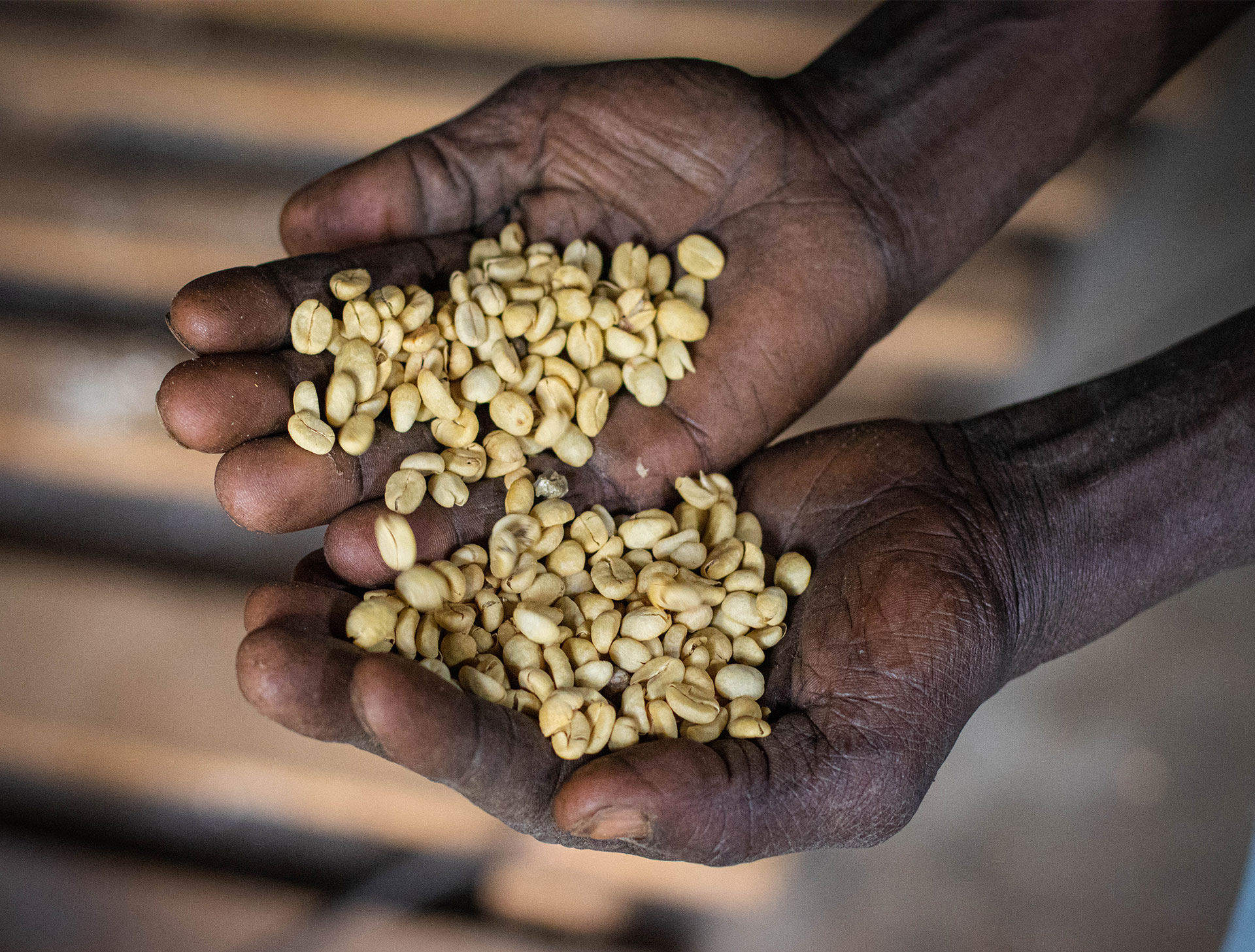
- This event has passed.
Our Coffee Processing Stage
October 10 @ 8:00 am - November 23 @ 5:00 pm

The journey of coffee from farm to market begins with cultivation and harvesting. Coffee trees, typically grown in tropical climates at high altitudes, are first planted in nurseries before being transplanted to coffee farms. These trees require specific conditions, such as well-drained soil, moderate rainfall, and consistent temperatures, and take about 3-4 years to bear fruit. Once the coffee cherries are ripe, they are harvested either manually by hand-picking or mechanically, depending on the farm’s terrain and size.
After harvesting, the cherries undergo processing, starting with sorting and cleaning to remove any unripe or damaged cherries, as well as dirt and debris. The outer skin and pulp of the cherries are then removed through pulping, exposing the coffee beans. The beans are fermented for 12-48 hours to eliminate the slimy mucilage layer, followed by thorough washing to remove any remaining mucilage. The beans are then dried, either in the sun or using mechanical dryers, until they reach the desired moisture content.
The milling stage involves hulling the dried beans, known as parchment coffee, to remove the parchment layer. An optional polishing step may be taken to remove any silver skin left on the beans. The beans are then graded and sorted by size, weight, and defect-free status, a process that can be done by machine or by hand.
Once milled, the beans are prepared for export. They are packed into jute or sisal bags, labeled by origin, grade, and type, and transported to the market, usually by sea. Exporters manage the logistics and customs clearance required for international shipping.
Upon reaching their destination, the green coffee beans are roasted at high temperatures to develop their flavor and aroma. The degree of roast—light, medium, or dark—affects the taste profile of the coffee. After roasting, the beans are quickly cooled to halt the roasting process and then packed in airtight bags to maintain freshness.
Finally, the roasted coffee is distributed to wholesalers, retailers, and directly to consumers. It is sold in various forms, including whole beans, ground coffee, and single-serve pods, through supermarkets, specialty stores, and online platforms. This comprehensive process ensures that consumers receive high-quality coffee, providing a rich and satisfying experience.

